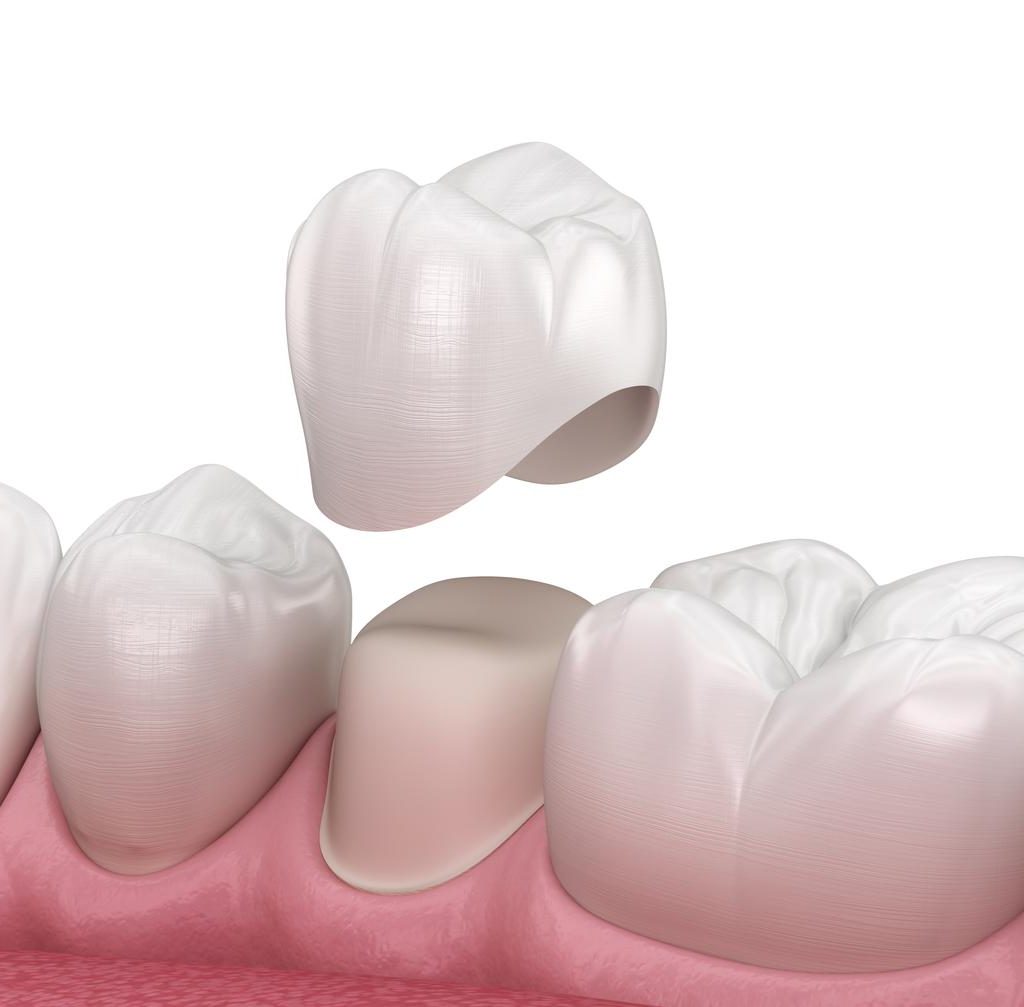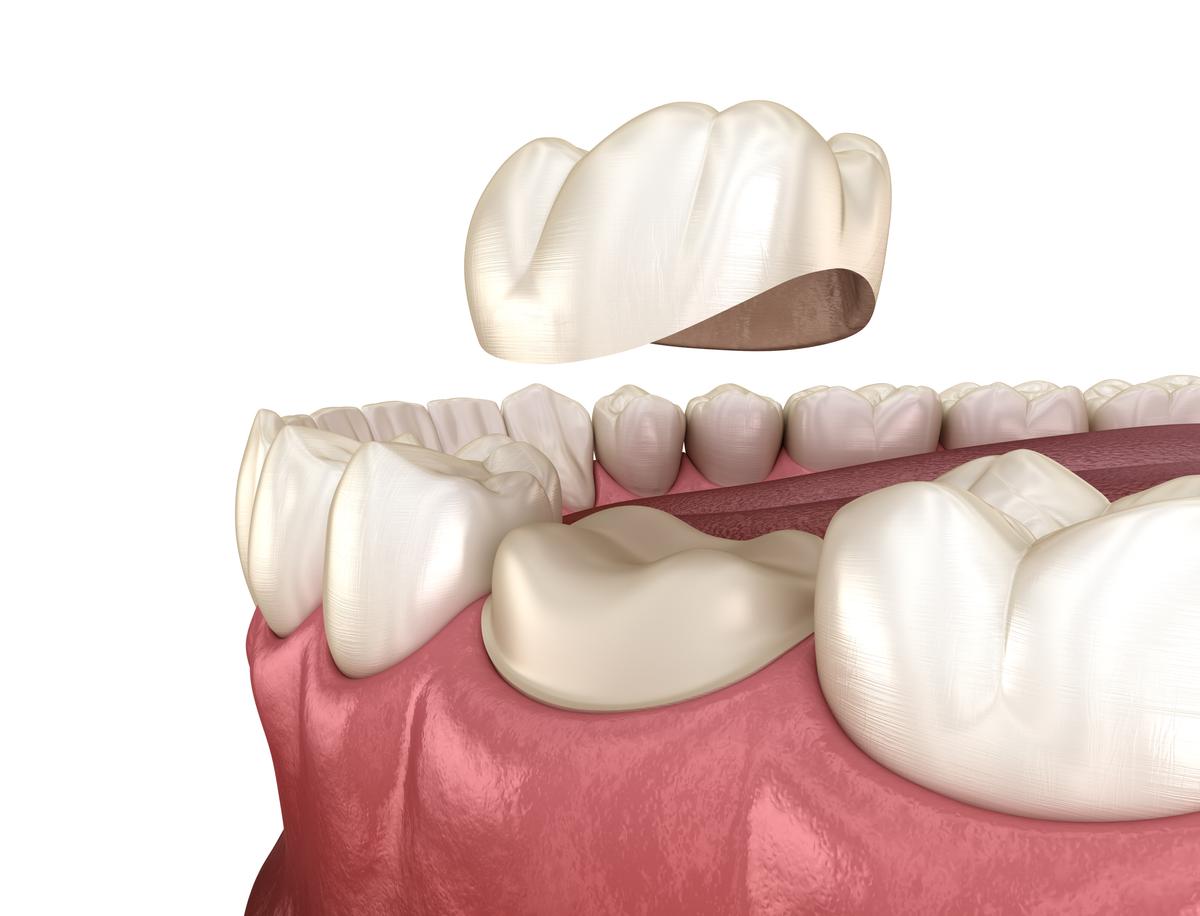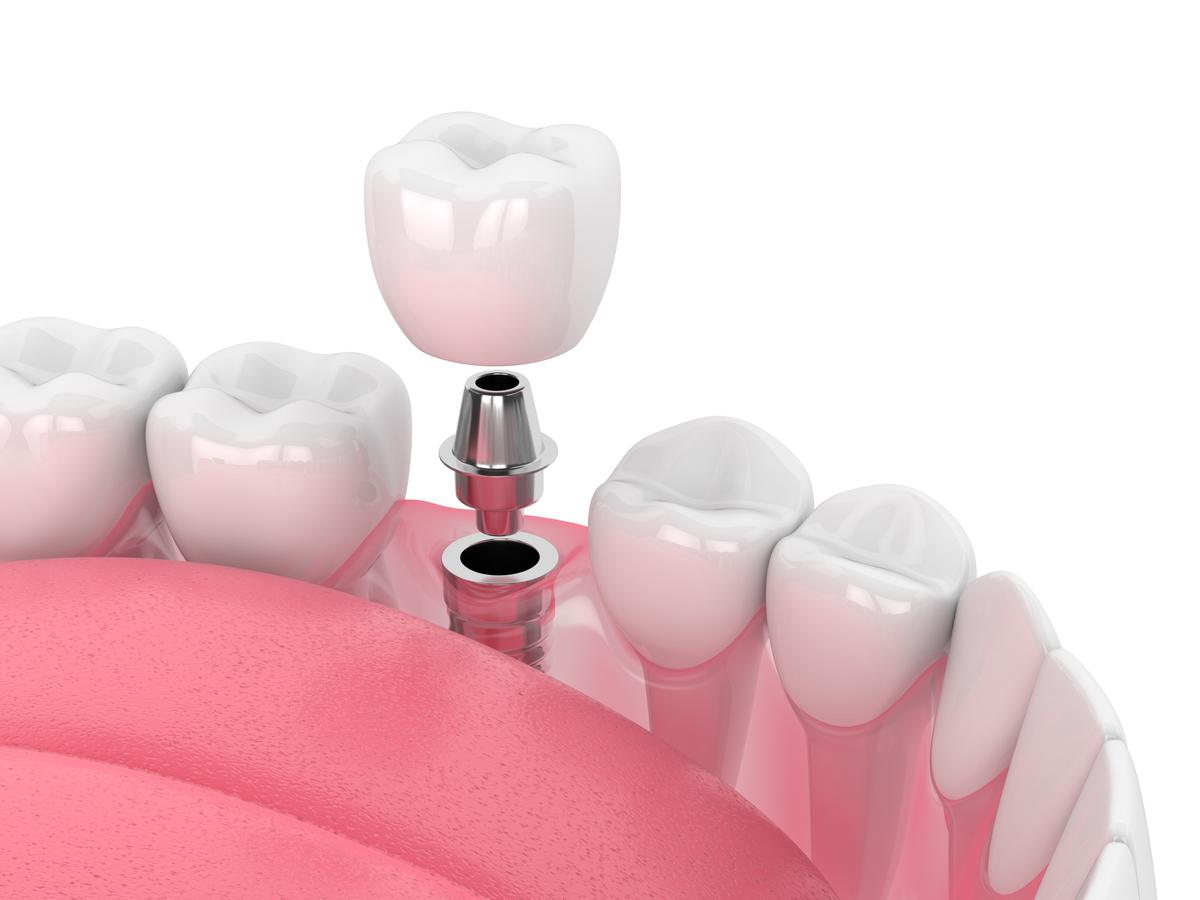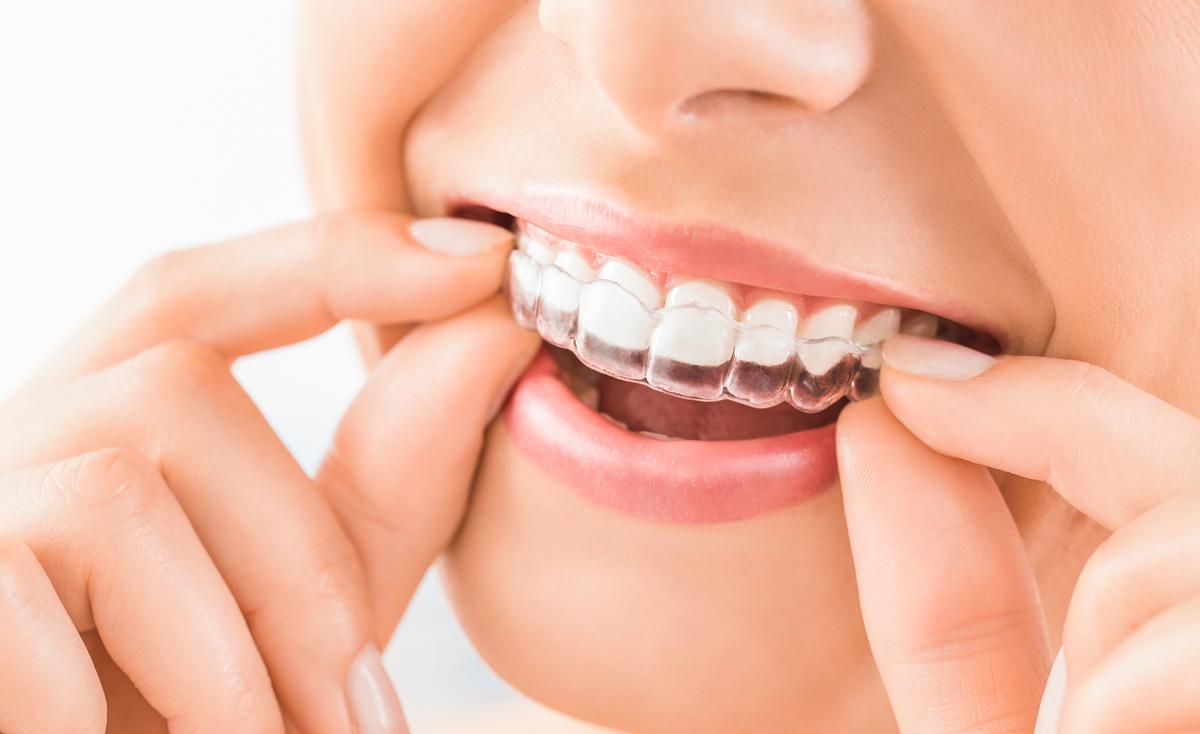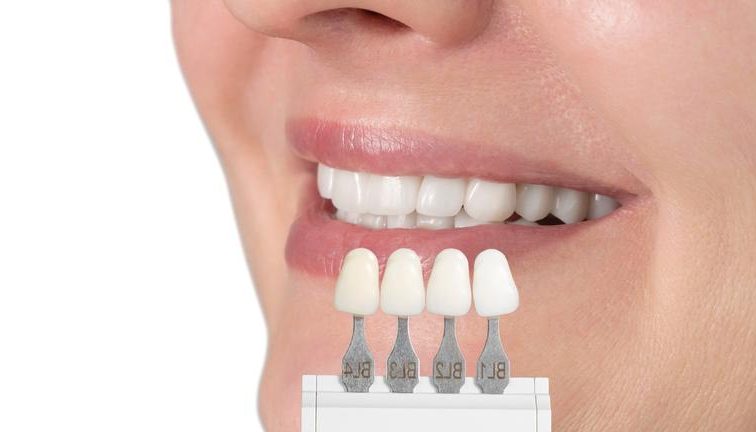DENTAL CROWN
Why do I need a dental crown?
Dental crowns are necessary when a tooth is extensively damaged, decayed, weakened, or has a large filling that compromises its structural integrity. The crown acts as a protective cap, enclosing the entire visible portion of the tooth above the gumline. This helps prevent further damage and deterioration while restoring the tooth’s strength, functionality, and appearance. Crowns are commonly recommended after procedures like root canals to provide additional support to the treated tooth.
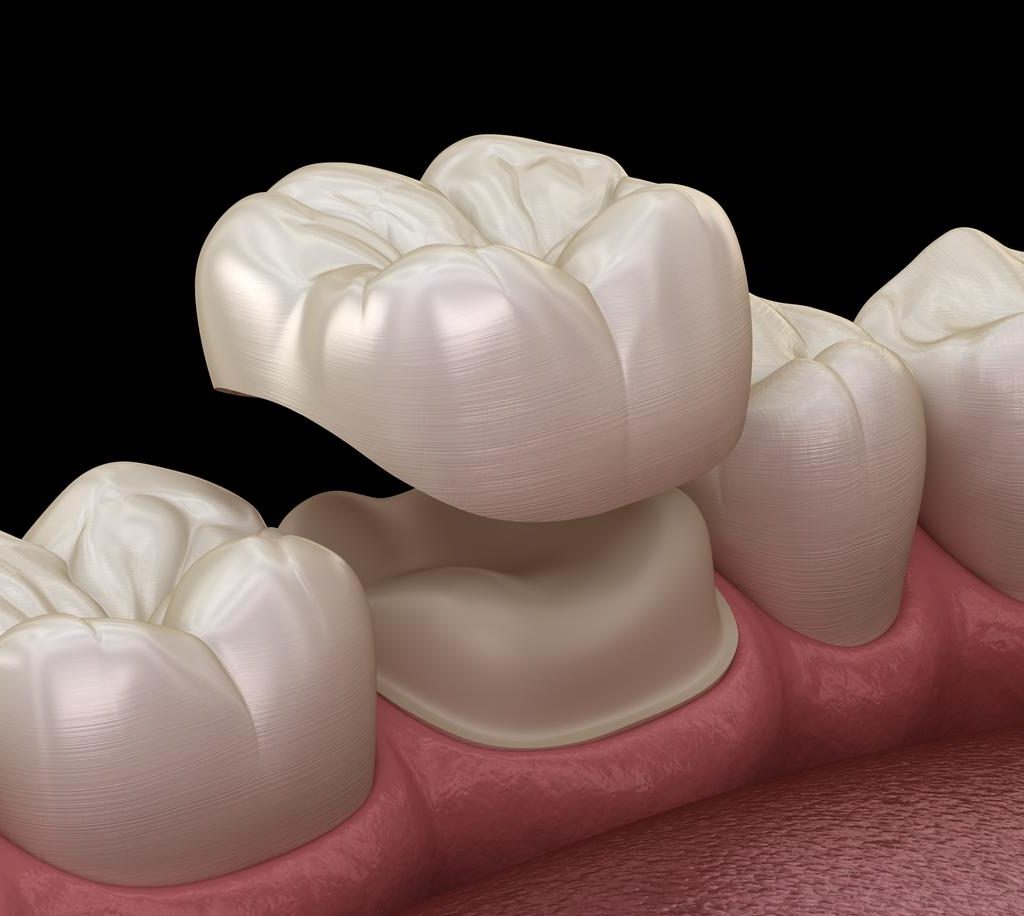
What are the different types of dental crowns?
Dental crowns come in several materials, each with its own characteristics. Porcelain or ceramic crowns are popular choices due to their natural appearance that closely matches natural teeth. These types of crowns are suitable for visible teeth. Metal crowns, like gold or silver, are highly durable and often used for molars or teeth that undergo heavy chewing. Porcelain-fused-to-metal crowns combine the aesthetics of porcelain with the strength of metal. Your dentist will recommend the most appropriate type based on the location of the tooth, your preferences, and functional needs.
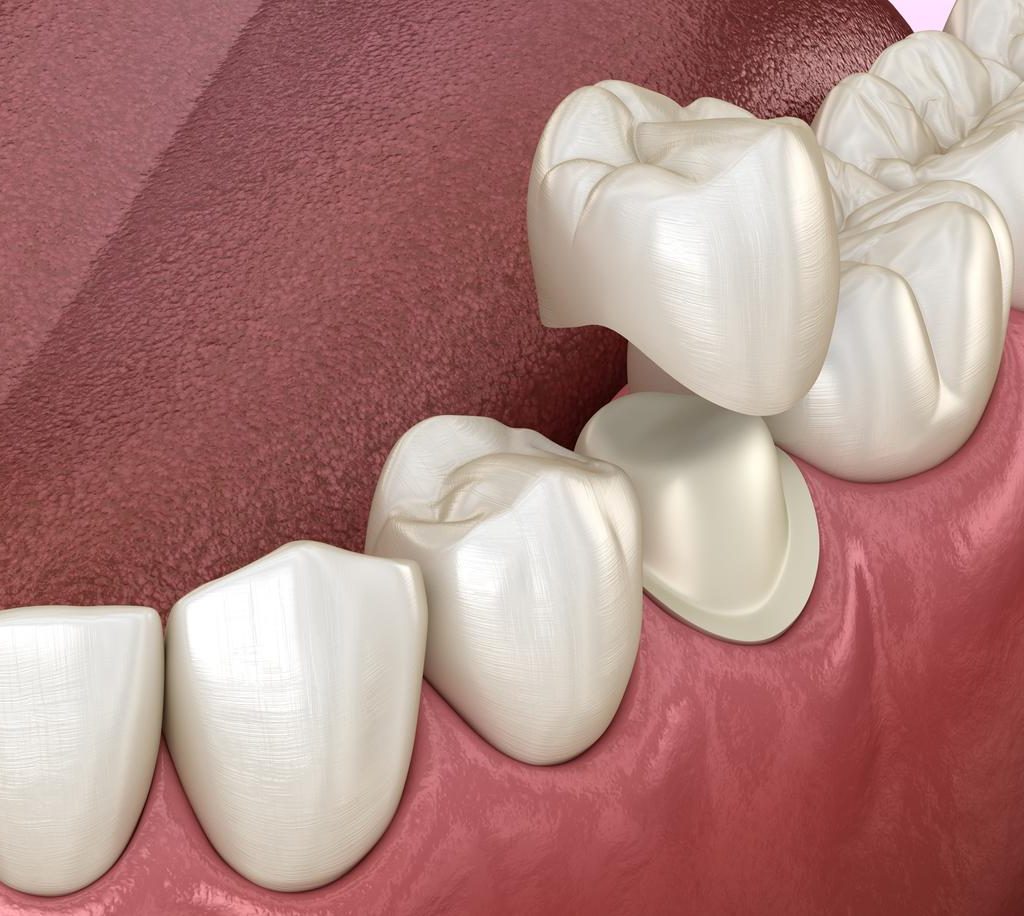
How long do dental crowns last?
The lifespan of a dental crown depends on various factors, including the quality of the crown, the material used, oral hygiene practices, diet, and lifestyle habits. On average, well-maintained dental crowns can last around 10 to 15 years or even longer. Proper oral care, regular dental check-ups, and avoiding habits like biting on hard objects or grinding your teeth can contribute to prolonging the lifespan of your dental crown. If a crown shows signs of wear, damage, or deterioration, it may need to be replaced to maintain its function and aesthetics.
Remember that individual experiences with dental crowns may vary, and it’s important to follow your dentist’s recommendations for care and maintenance to ensure the longevity and effectiveness of your dental crown.
